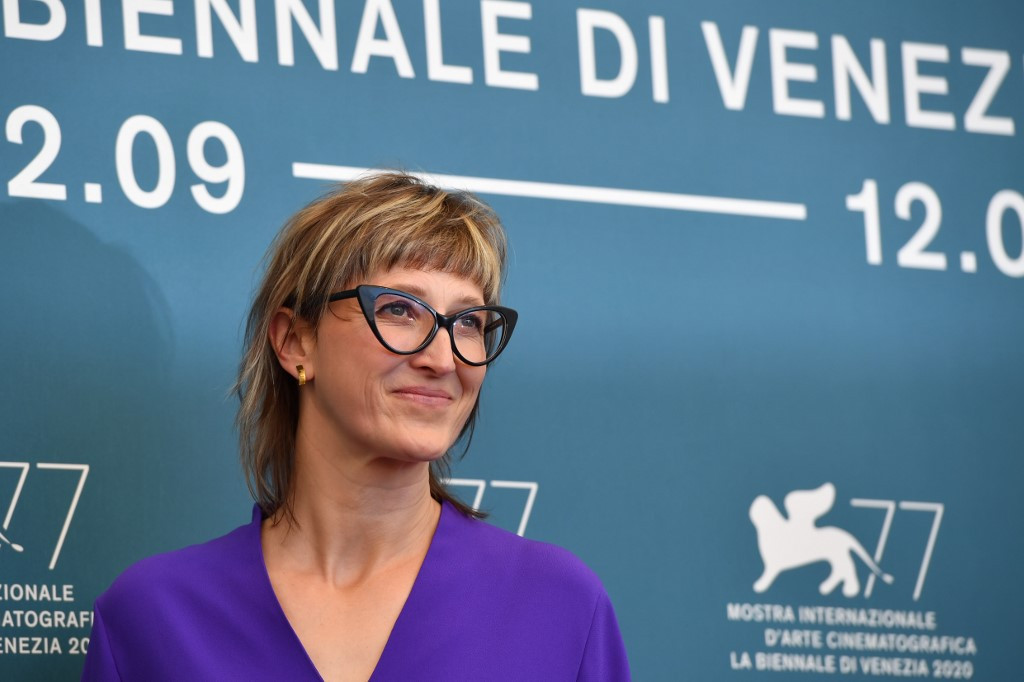Popular Reads
Top Results
Can't find what you're looking for?
View all search resultsPopular Reads
Top Results
Can't find what you're looking for?
View all search resultsSrebrenica film skewers UN failure to stop massacre
Change text size
Gift Premium Articles
to Anyone
A
powerful film about the 1995 Srebrenica massacre skewers the UN for handing over more than 8,000 Bosnian Muslim men and boys to be murdered by Serb forces.
Quo Vadis, Aida? by Bosnian director Jasmila Zbanic left many critics in tears Thursday as it premiered at the Venice film festival.
It came as Bosnian Serb general Ratko Mladic -- dubbed the "Butcher of Bosnia" -- who lead the assault on the town, appeals his genocide conviction for the massacre at a war crimes tribunal in The Hague.
"A whole generation was wiped out," Zbanic told reporters after the screening.
The director -- who survived the siege in Sarajevo herself -- said she dedicated the film to the women left behind at Srebrenica, whose sons, husbands and brothers were torn from them.
Some families, she said, lost 60 members.
Read also: Most Germans knew Holocaust was happening, new film claims
'Safe area'
Although Zbanic's story is told through the eyes of a fictional translator working for the UN called "Aida" who fights to save her husband and sons, the film is anchored in meticulous historical fact.
Despite Srebrenica's designation by the UN as a "safe area, the Bosnian Serb army invaded the town, sending its panicked residents to a UN camp operated by Dutch forces where they hoped to be safe.
The film is a searing indictment of the impotence of the Dutch peacekeepers, who had waited in vain for promised NATO air support, and found themselves powerless to defend the camp against Mladic's army.
Zbanic interviewed former UN peacekeepers during her research for the film.
"There was a guy who told me he was crying because he felt he couldn't do anything," she said.
After the camp's evacuation, more than 8,000 Bosnian Muslims were killed in the ensuing series of massacres by Mladic's soldiers.
Read also: Eerie Belgrade exhibit turns Ratko Mladic diary into art
'No political will'
The Dutch peacekeepers "had a mission to protect people even with weapons and they didn't fire a single shot," Zbanic told journalists.
"This film is not against the UN. I wish that the UN improves. We need this kind of organization for our security," Zbanic said, adding that there seemed little "political will" in the world today for such international institutions.
"Unfortunately in 1990s Bosnia it didn't work because it was too much under the influence of political decisions," she said.
The International Court of Justice in The Hague ruled the July 1995 killings were genocide.
Mladic's appeal began last month, with his lawyers claiming their client, now 78, is not mentally fit to stand trial.
In the film, his swagger and imposing physical presence are captured by actor Boris Isakovic who said he struggled to fight against a "one-dimensional" portrayal of the war criminal.
Some of the Mladic's dialogue in the film is taken word-for-word from video footage of the general filmed at the time in Srebrenica.











